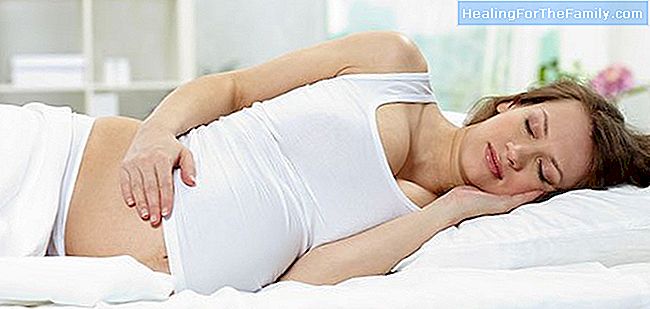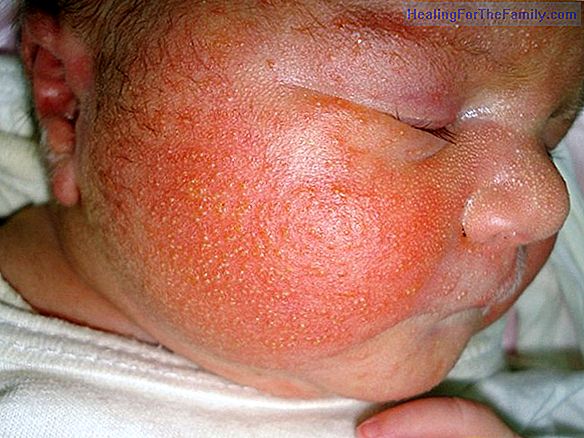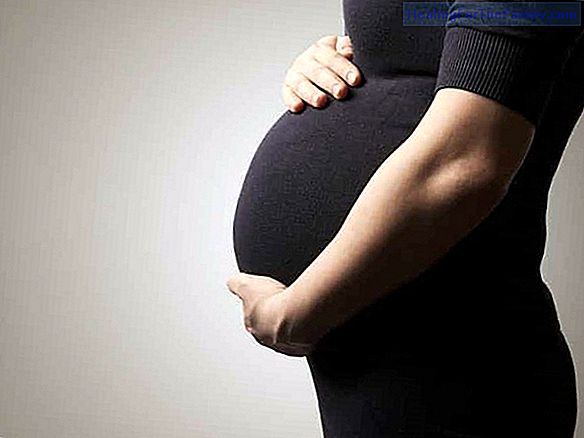Sleep apnea during pregnancy
Pregnancy affects sleep through hormonal changes, physiological changes, physical factors, and changes in behavior. Snoring and sleep apnea become more common as a woman gains weight. Sleep apnea during pregnancy is a respiratory disorder in which the pregnant stops breathing for a few seconds . Dur
Pregnancy affects sleep through hormonal changes, physiological changes, physical factors, and changes in behavior. Snoring and sleep apnea become more common as a woman gains weight.
Sleep apnea during pregnancy is a respiratory disorder in which the pregnant stops breathing for a few seconds. During this time oxygen is not received, and one of the most affected organs is the brain; and in the pregnant woman the placenta and consequently the baby. Pauses can occur in isolation or repeated hundreds of times during the night, with serious consequences.
Symptoms of sleep apnea in pregnant women

The main symptoms that can make us think that a person suffers from obstructive sleep apnea can be divided into nocturnal and diurnal. Among the nocturnal symptoms we highlight the following:
- Strong and persistent snoring
- Fixed pauses of breathing (apnea)
- Drowning or gasping for lack of air and restless sleep
- Frequent visits to the bathroom
diurnal symptoms we found:
- Headaches in the early morning
- Sleepiness during the day
- Lack of concentration and irritability
- In the long term and without treatment we may have high blood pressure, type 2 diabetes, heart attacks, strokes, heart failure ...
The main symptom of sleep apnea is snoring, but it is important to know that not all snoring is a consequence of this disorder. In pregnancy, and especially in the third trimester, there is more snoring and among its causes we can find the following:
- Hormonal changes of pregnancy: progesterone (necessary for the uterus does not have contractions until we are in labor ) relaxes the musculature of the airways, which are more likely to collapse or narrow causing snoring.
- Increase in pregnancy weight.
- Other associated sleep problems (restless legs, increased awakenings during the night to go to the bathroom ...).
Consequences of sleep apnea in the mother and the fetus
There is still research on the short and long term consequences of this cessation of oxygenation during the sleep period in the mother and the baby, however some research seems to start to bear fruit:
- Low birth weight.
- Risk of the mother developing preeclampsia.
- There is a study that says that 7 out of 10 women with diabetes during pregnancy could suffer from sleep apnea, especially if you have other associated risk factors such as overweight or hypertension.
To finish I would like to say that the diagnosis of obstructive sleep apnea is simple, but a diagnostic test that lasts a whole night is necessary in which the behavior of the person during sleep is studied (apneas, awakenings or micro-awakenings ... ) and its treatment is easy. Pregnancy seems to be an appropriate time to detect those cases without diagnosis, so if you suffer more than one symptom that we mentioned it would be advisable to go to the doctor to perform further tests to confirm a diagnosis.












